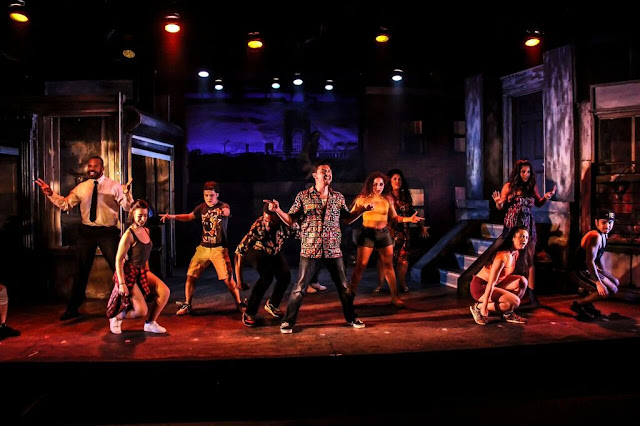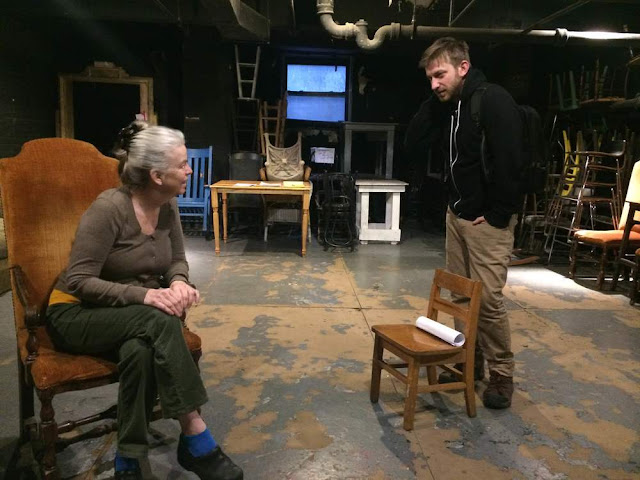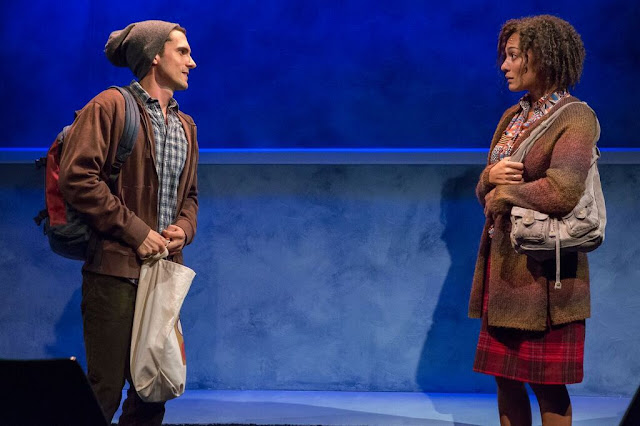One of the biggest challenges facing Indie Theatre artists, is space!
Our good friends at the League of Independent Theatre continue to tackle this issue and are supporting new legislation to help address it. Check out their website for more information.























